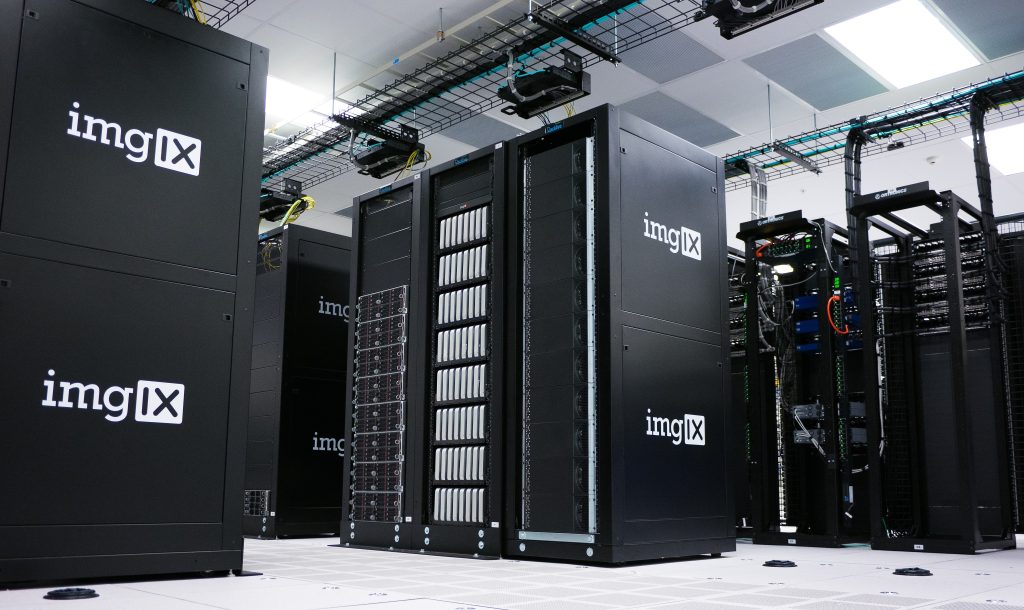The transition to a low carbon economy requires significant change – at national, economic, social, industrial, commercial, and individual level. We don’t have much time and limited resource, which means any help from technology and innovation is crucial.
The sustainable investment industry is very aware of this and sees opportunities for both strong financial returns and positive environmental and social outcomes from tech businesses. Your sustainable investment fund may well hold a company which creates parts and software that make electric vehicles or wind turbines work efficiently or facilitates better food production using automation and innovative techniques.
Historically, some sustainable funds, particularly those that focus on ESG factors (how well a company manages its environmental, social, and governance issues) have also invested a significant proportion of their assets in “Big Tech” – such as Alphabet (Google, YouTube), Meta (Facebook), Amazon, Apple, and Microsoft. The performance of these funds has been intertwined with the fortunes of these businesses – rising sharply during the pandemic and giving back some ground in 2022.
These companies are found in ESG funds for various reasons:
- They don’t directly generate greenhouse gases, like an oil company would. They can also get greenie points for using renewable energy to power data centres and for helping other industries reduce their carbon footprint;
- They can score points in the social category as they can offer decent employee benefits;
- As large, successful, progressive companies, their reporting and compliance policies tend to be in good shape, which helps their Governance scores;
- They represent a very large part of global stock markets;
- They are generally considered, although their share price can be expensive, to offer strong long term growth prospects.
However, all is not as green as it could be in tech-land. According to a report from the UN’s Environment Programme, the global technology sector produced between two and three percent of the world’s carbon emissions in 2021, comparable with aviation.
The industry is still reliant on carbon-intensive supply chains, with many of the bigger businesses , such as Samsung, located in parts of the world still heavily reliant on fossil fuels (including the dirtiest of them all, coal). There are also issues around conditions for workers in supply chains and the reliance on scarce mineral resources, mining for which brings a new set of problems. TSMC, the world’s third-largest silicon chip manufacturer, has started to move its operations from Taiwan to Japan and the US in a bid to reduce emissions. 81% of Taiwan’s energy is produced using fossil fuels and TSMC is responsible for 6% of the country’s power consumption.
It is fair to say there is no such thing as a perfect company (or very few of them). The good thing however is that many sustainable funds that invest in these businesses because of their sustainable positivity, will get to work on their negativities too. As an example, in 2019, over 100 investment companies and asset managers banded together to challenge the social media giants to stop distributing harmful content, specifically footage of a mass shooting. Facebook, Twitter, and Alphabet all agreed to their request.
In the everyday debate about personal carbon emissions, it is transport, heating, and eating that tend to be seen as the biggest villains, not phones and laptops. However, emissions from the tech sector are only expected to increase. One reason is the expansion of digital infrastructure and new connections to businesses and communities in under-served markets, who until recently had limited access to the internet. Technologies such as artificial intelligence, smart energy systems, robotics, and autonomous vehicles increase demand for data centres further. Then there is the working from home trend and the increasing fascination that all generations have with being on-line for shopping, socialising, studying, transacting business, and entertainment. It’s clear that emissions from our inter-connectivity cannot be ignored.
Many of the powerful people in the tech industry are also major contributors to the “how to fix the climate crisis conversation” and they all wish to develop ground-breaking solutions to help tackle it. It would be in all our interests for these solutions to work and work quickly.
In the meantime, there is plenty we can do as individuals to reduce our personal tech-carbon footprints, such as switching off chargers and screens when not in use, refraining from sending unnecessary emails, recycling phones and other tech.
For businesses, consider where your technology is stored, and the carbon-reducing measures taken; you’ll be surprised to find it’s not very much! Instead. consider Krystal who is a B Corp Certified Data Centre and domain hosting provider (amongst other web services) to reduce your technology carbon footprint. Used in the right way and invested in the right way, tech will hopefully do far more good than harm in our quest for sustainability.
https://www.ft.com/content/86f25e7b-954e-4c50-b9d8-3b20b6680349
‘Collateral damage’: ESG funds pulled down by tumble in tech shares | Financial Times (ft.com)
ESG investors are taking on Big Tech | Financial Times (ft.com)
The Carbon Emissions of Big Tech Electronics Hub




